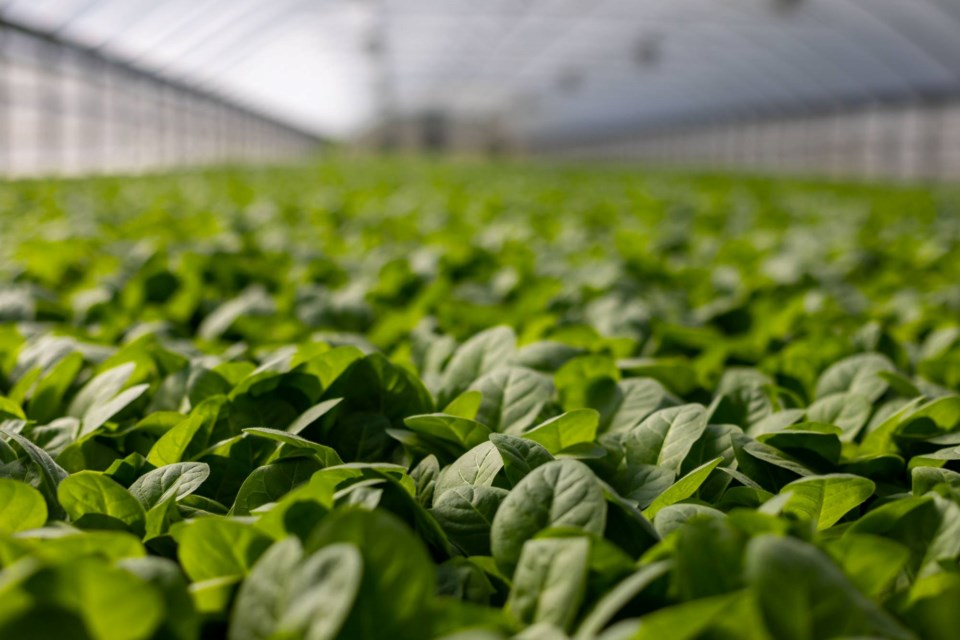A new research project is aiming to connect food producers with buyers, and address challenges of the food supply chain in Northern Ontario.
The three-year project, which runs until May 31, 2026, is a joint initiative of Collège Boréal in Sudbury, the Northern Ontario Farm Innovation Alliance in Temiskaming, the Rural Agri-Innovation Network in Sault Ste. Marie, the Greater Sudbury Food Policy Council, and the Thunder Bay + Area Food Strategy.
The Natural Sciences and Engineering Research Council of Canada announced $358,137 from College and Community Social Innovation Fund for the project on Dec. 13.
“This project allows Collège Boréal to use its research expertise, facilities and extensive network of partners to study a specific issue affecting all Northern Ontarians,” said Sabine Bouchard, lead of the college's research division, Recherche & Innovation Boréal, in a news release.
“Ultimately, the results of this research will help reduce the environmental impact of transporting our food and stimulate the economies of our regions through new opportunities for local food supply.”
According to the news release, the project's aims are twofold: to “identify barriers to local food supply for the region’s producers, processors and buyers; and to develop and test processes that will bridge the gap between these stakeholders while promoting an economically sustainable food production chain and providing the current and future workforce with knowledge about local food sourcing.”
Ultimately, the goal of the project is to strengthen Northern Ontario supply chains so that local agri-food businesses can expand and grow.
According to the province, 2021 Census numbers show that Northern Ontario has approximately 711,000 acres of farmland, with about 696,500 acres in production in the northern districts of Kenora, Rainy River, Thunder Bay, Algoma, Manitoulin Island, Cochrane, Timiskaming, Sudbury and Nipissing.




